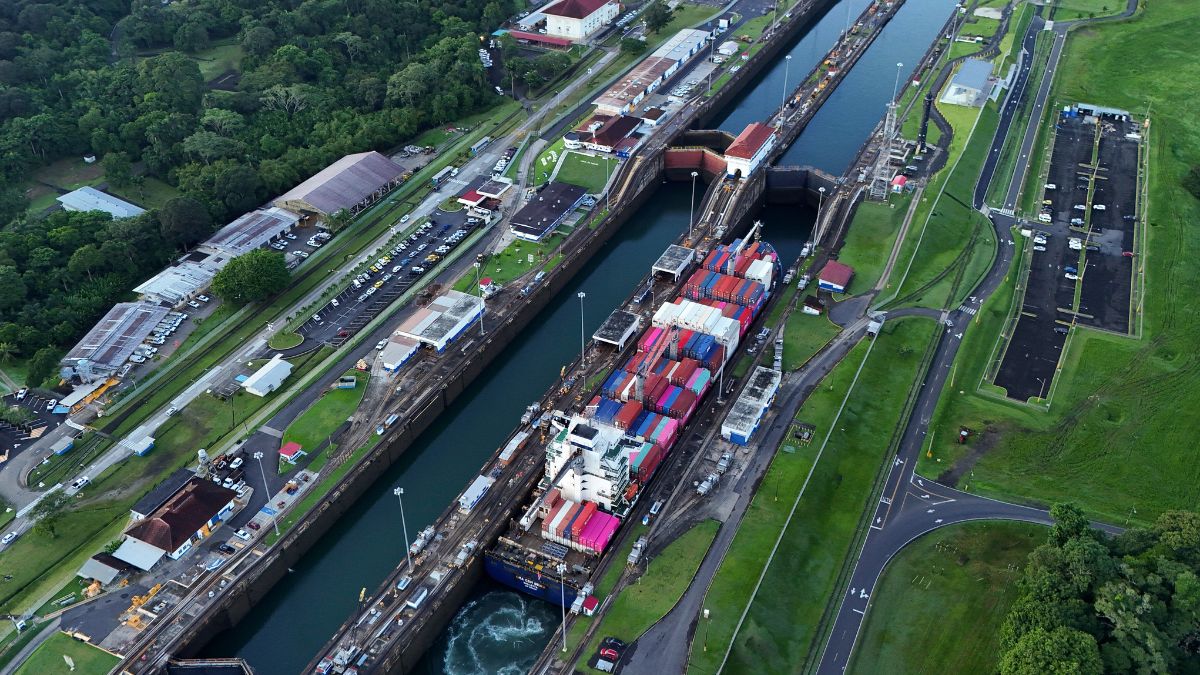China is among the parties showing interest in bidding to build two new ports on the Panama Canal, the canal’s administrator confirmed on Tuesday, even as the United States has raised the possibility of reasserting control over the vital trade route.
Earlier this year, US President Donald Trump suggested that China effectively controls the canal, citing operations at Cristobal on the Atlantic and Balboa on the Pacific by Hong Kong-based CK Hutchison Holdings. The firm had agreed in March to transfer control of both ports to a US-led consortium headed by asset-management firm Blackrock, but the deal—viewed with suspicion by Beijing—has yet to be finalised.
Panama is seeking to attract $8.5 billion in investment over the next decade to expand port capacity and pursue other projects, including a gas pipeline and a new reservoir.
“We have to be open to participation of all interested parties,” canal administrator Ricaurte Vasquez told reporters, adding that Panama aims to solicit “the broadest possible competition.” He further said that all parties would bid on an equal footing. Vasquez declined to speculate on whether awarding contracts to Chinese firms could increase tensions with the United States.
The Panama Canal Authority has begun discussions with interested firms ahead of the bidding process, with contracts for the two terminals expected to be awarded in late 2026. Operations are slated to begin in 2029.
Quick Reads
View AllInternational players expressing interest include Hong Kong’s Cosco Shipping Ports, Orient Overseas Container Line (OOCL), Singapore’s PSA International, Taiwan’s Evergreen, Germany’s Hapag Lloyd, Denmark’s Maersk, and France’s CMA Terminals.
Panama’s five main ports, all located near the canal, are currently operated by concessionaires from the United States, Hong Kong, Taiwan, and Singapore. The 80-kilometre canal, used primarily by the US and China, carries about five percent of global maritime trade.
The United States built and managed the canal for a century before handing control to Panama on December 31, 1999, marking a historic shift in control of this critical global trade artery.
)